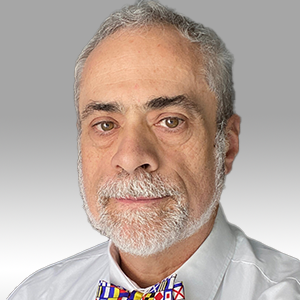Our Staff
Our team of licensed psychiatrists, nurse practitioners, and therapists work with you to help meet your specific needs and goals.
Meet the Team
At Elevate Mental Health, we are dedicated to providing comprehensive mental health therapy services that meet your unique needs. Our team of therapists uses evidence-based approaches to support individuals on their journey toward emotional well-being and personal growth.

Amy Duschinski

Beth Piraino

Bethany Bartlett

Cara Quade

Carly Dana

Christina DeMuro

David Rope

Dustin Husemann

Erin Sebree

Eva Besmanoff

Joseph Tris

Julianna Kellner

Krystine Garcia

Krystle Brunker

Michael Rockwell

Nikka Jones

Rebecca Reza

Samantha Kragel

Tyler Maneth

